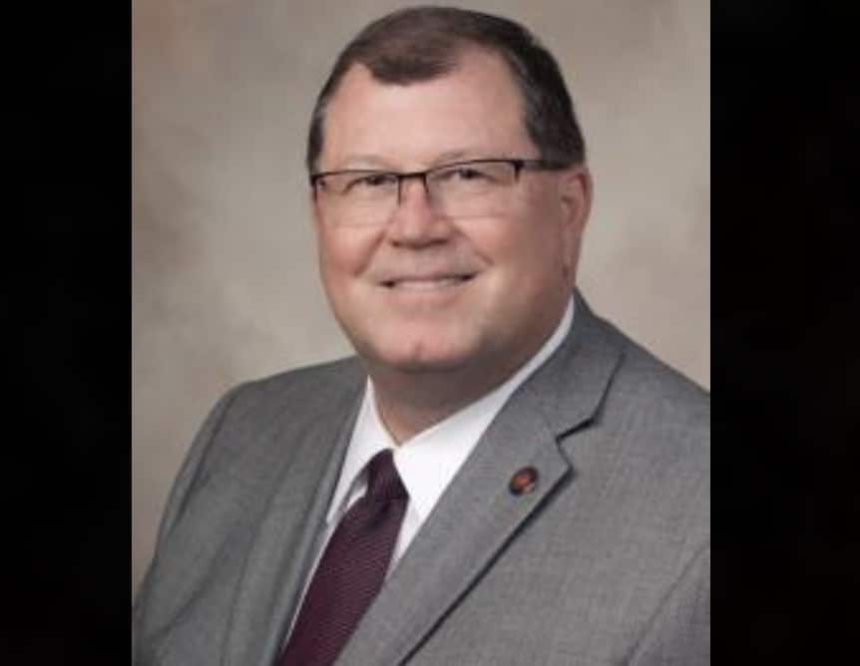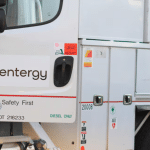Written and Submitted by Dane Maxwell, Chairman of the Mississippi Public Service Commission
If the COVID-19 pandemic has shown us anything in these last several months, it is that getting every Mississippian connected with adequate internet speeds is crucial for the future success of our state. Educational institutions and businesses alike have worked tirelessly to find solutions that allow teachers, students and employees to work safely from home only to find in many instances that homes do not have speeds necessary to complete school work or coordinate with industry networks.
While these have been quite difficult times for many, they have further brought this issue to light as well as presented several opportunities in which state and federal leadership can act on this year to make a real, tangible difference. The time is now.
This January, the FCC passed the Rural Digital Opportunity Fund which allocated over $20 billion in funding for broadband infrastructure. Reports show that Mississippi could be eligible for nearly $950 million. The money will be awarded to providers in a competitive auction process to serve areas that have zero access to speeds of 25 Mbps download and 3 Mbps upload. The auction is set to begin in October, however there are projects that are shovel-ready today. Last week, Mississippi Public Service Commissioners sent a letter to federal leadership urging them to accelerate this process, particularly in areas where work could begin if the funds were sent down.
On the state level, a short-term solution is the assistance to states through the CARES Act. Mississippi will receive $1.2 billion in federal relief, some of which should be allocated toward broadband. The largest barrier in providing access is up-front investment for infrastructure. These two avenues accompanied with significant funding for investment in 5G technologies could give us a jumpstart as we move into a post-COVID-19 world.
In these uncertain times, one thing is certain. The world is interconnected in many ways, and the future of information, education, work, health care, social connection and entertainment are all tied to broadband internet access. The COVID-19 crisis accentuates an issue we have known for some time. For our kids to have the same educational opportunity, for our young adults to find work without moving away from their community, for our elderly to receive quality health care, Mississippi needs broadband internet.








